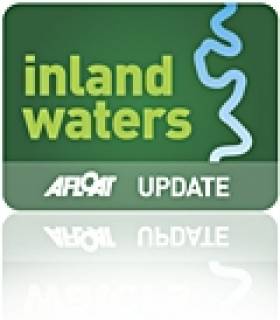Displaying items by tag: North South Ministerial Council
Dublin Canal Developments Approved
The Minister for Community, Equality and Gaeltacht Affairs, Pat Carey T.D., today announced the approval of the granting of leases for a number of proposed developments on Dublin's canals on the inland waterways.
The developments include the construction of a cycle bridge across the Royal Canal at Spencer Dock, a boardwalk along the Grand Canal at Leeson Street and a pedestrian/cycle bridge across the Grand Canal at Lynches Lane.
The decision to grant leases to Dublin City Council and South Dublin County Council for the proposed developments was taken at a meeting of the North South Ministerial Council in Armagh this morning. Speaking after the meeting, Minister Carey said the decision to approve the leases had the potential to further transform Dublin's waterways for the benefit of the citizens of Dublin.
Minister Carey said, "Developments like those proposed by Dublin City Council will add to the regeneration of the city and will strengthen the environmental, social and economic fabric of the capital. They will add to the quality of life of all and especially to the quality of life of pedestrians and cyclists."
John Martin, Chief Executive of Waterways Ireland, the cross-border body charged with the all-island promotion and development of waterways is delighted that the Ministers have approved the granting of the leases at the NSMC.
He said "Waterways Ireland is happy to facilitate the development of these waterside amenities in the Dublin Area. We hope to work with all the local authorities on many projects in the future right across the Dublin Region."
























































